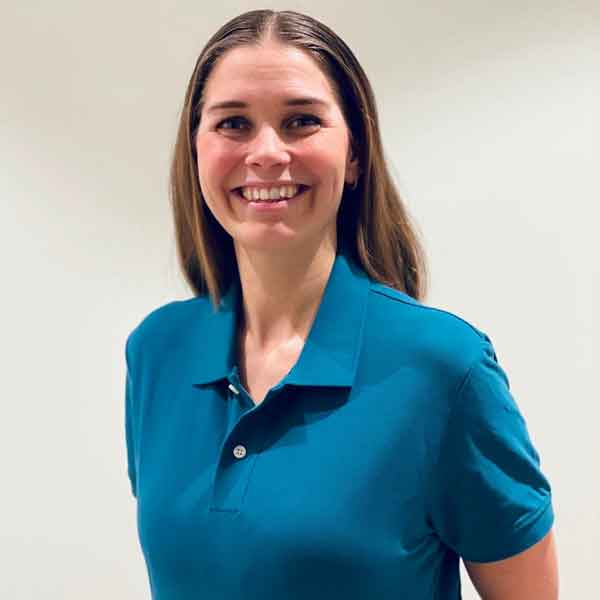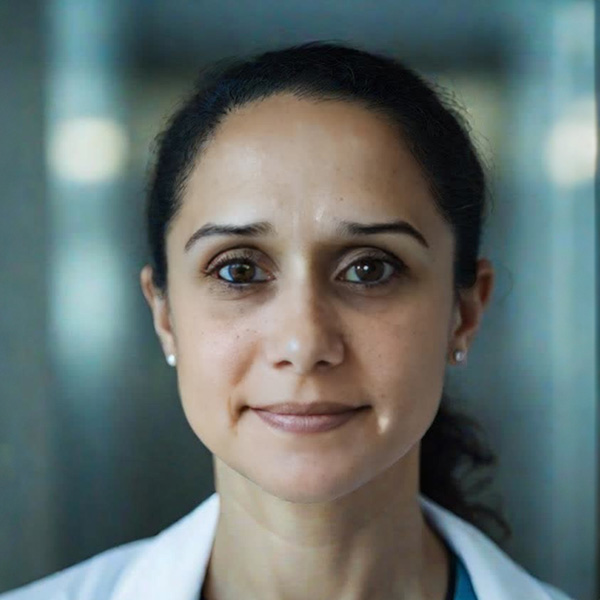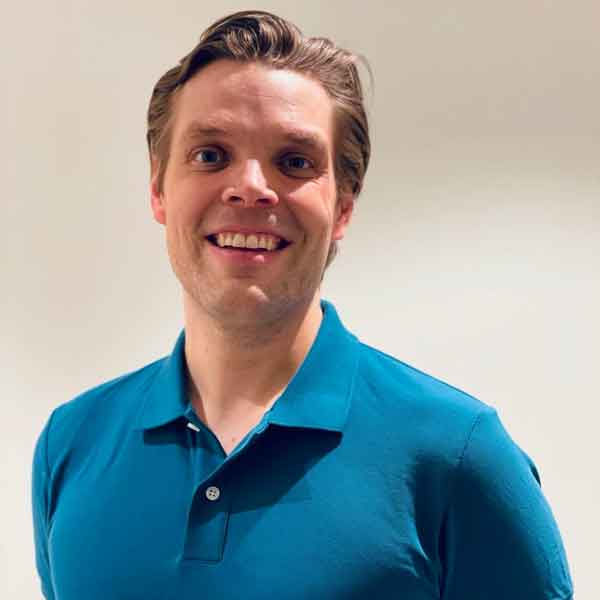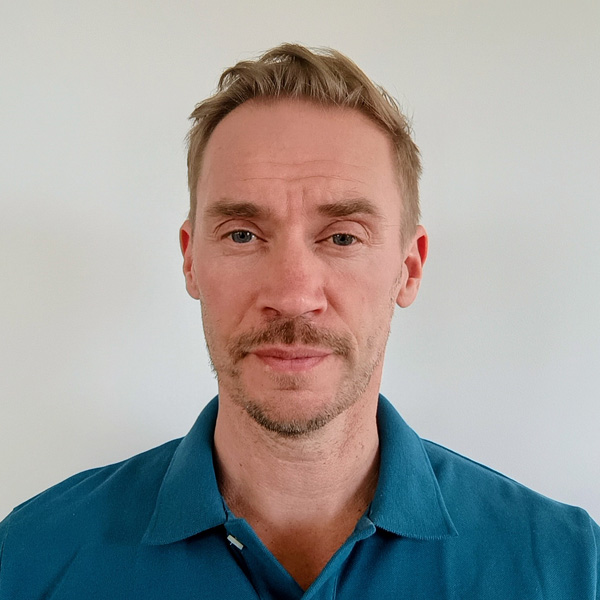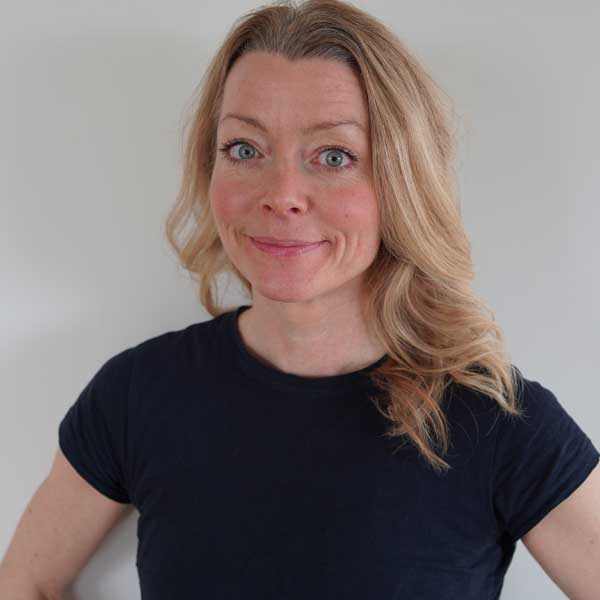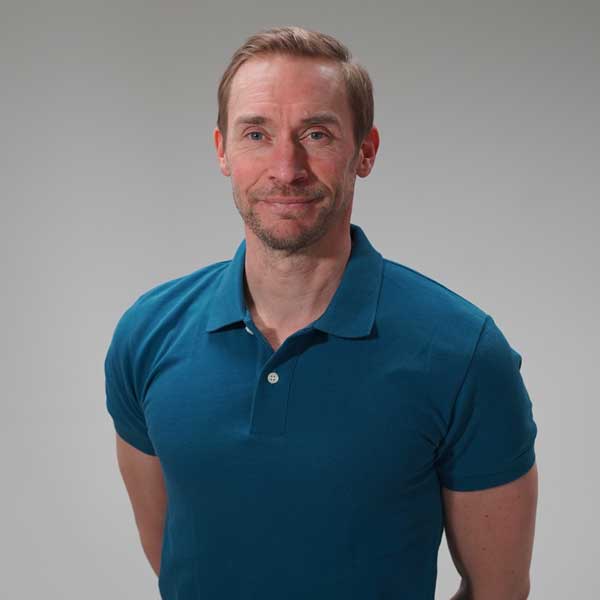What Is The Free Screening?
A quick 15 question assessment to determine if we can help your specific migraine triggers
✓ Personalized Score – A clear rating of how well our methods match your headache triggers
✓ Instant Results – Know immediately if you’re a good candidate for our science-backed approach
✓ No Confusion – Clear yes/no answer about whether we can help your specific situation
✓ Professional Assessment – 15 targeted questions based on proven migraine research
✓ Personalized Score – A clear rating of how well our methods match your headache triggers
✓ Instant Results – Know immediately if you’re a good candidate for our science-backed approach
✓ No Confusion – Clear yes/no answer about whether we can help your specific situation
✓ Professional Assessment – 15 targeted questions based on proven migraine research
Success Story: How We Helped Our First International Client
Maaike, 40, Mother of Two & Nurse from The Netherlands
The Problem: Maaike had tried “everything” – physical therapy, mindfulness, dentists, botox, neurologist treatments – but her migraines kept getting worse since 2015. She was only getting 3-4 hours of sleep per night.
Our Solution: Through our comprehensive assessment, we identified her specific triggers and taught her targeted methods.
Success Story: How We Helped Our First International Client
Maaike, 40, Mother of Two & Nurse from The Netherlands
The Problem: Maaike had tried “everything” – physical therapy, mindfulness, dentists, botox, neurologist treatments – but her migraines kept getting worse since 2015. She was only getting 3-4 hours of sleep per night.
Our Solution: Through our comprehensive assessment, we identified her specific triggers and taught her targeted methods.
How We Helped Maaike Transform Her Life in Just One Week
The specific methods and expertise that created her breakthrough
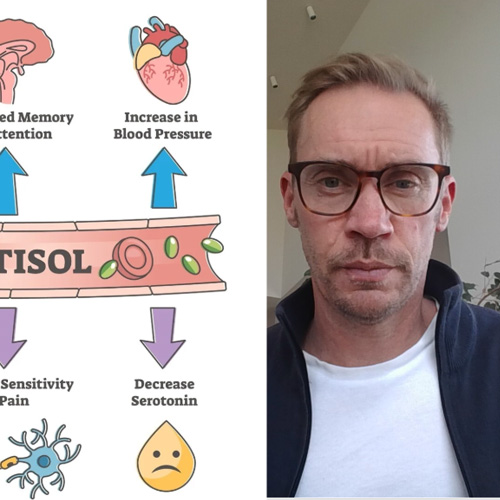
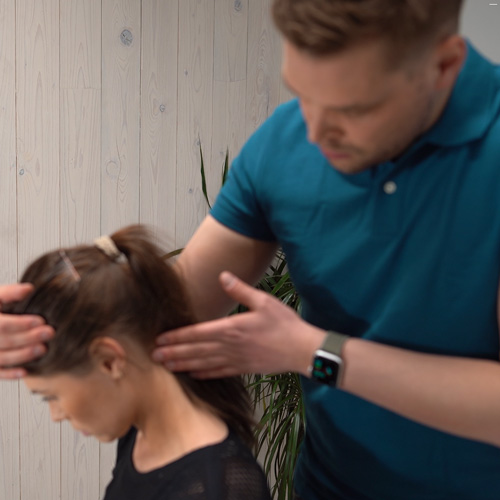
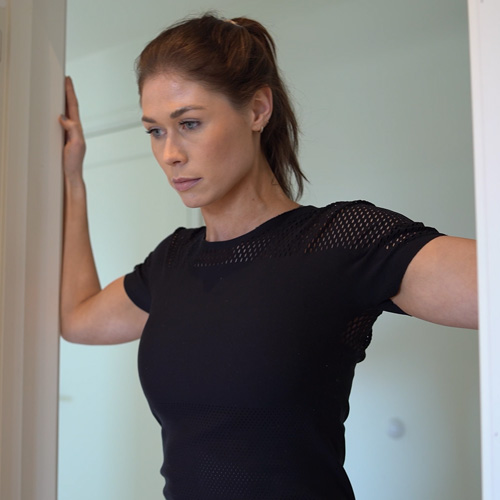
What Our Assessment Revealed
The Targeted Solutions We Provided
Stress Management Techniques:
- Daily stress-reduction exercises for busy working mothers
- Relaxation methods usable throughout the day
- Breathing techniques to break the stress-migraine cycle
- Nutrition changes
Sleep Optimization Strategies:
- Sleep hygiene protocols for shift workers
- Pre-sleep routines fitting her nursing schedule
- Methods to improve sleep quality, not just quantity
How We Helped Maaike Transform Her Life in Just One Week
The specific methods and expertise that created her breakthrough
What Our Assessment Revealed
The Targeted Solutions We Provided
Stress Management Techniques:
- Daily stress-reduction exercises for busy working mothers
- Relaxation methods usable throughout the day
- Breathing techniques to break the stress-migraine cycle
- Nutrition changes
Sleep Optimization Strategies:
- Sleep hygiene protocols for shift workers
- Pre-sleep routines fitting her nursing schedule
- Methods to improve sleep quality, not just quantity





